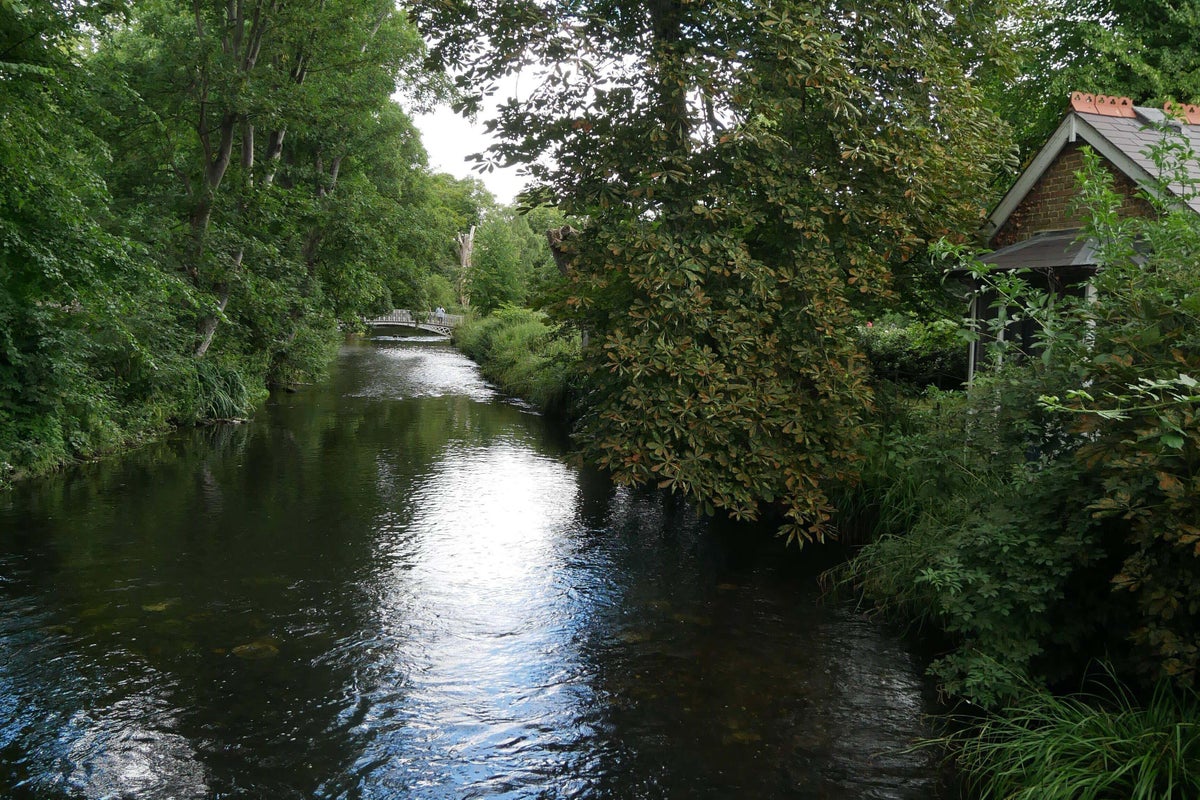Eco-Warriors Battle Pollution: Urgent Cleanup Underway for Fragile Chalk Stream Ecosystem

An environmental crisis has unfolded along the River Wandle, a picturesque waterway in south London, as thousands of litres of oil have catastrophically leaked into its delicate ecosystem. The sudden contamination threatens local wildlife, water quality, and the surrounding natural habitat, raising urgent concerns among environmental experts and local conservationists.
The massive oil spill represents a significant environmental hazard, potentially causing devastating consequences for the river's biodiversity. Local environmental agencies are now mobilizing rapid response teams to assess the full extent of the damage and implement immediate containment and cleanup strategies.
Preliminary investigations are underway to determine the source of the oil leak and prevent further environmental degradation. Experts warn that such contamination can have long-lasting impacts on aquatic life, water quality, and the broader ecological balance of the River Wandle.
Residents and environmental advocates are calling for swift action to mitigate the environmental damage and hold responsible parties accountable for the ecological threat posed by this substantial oil spill.
